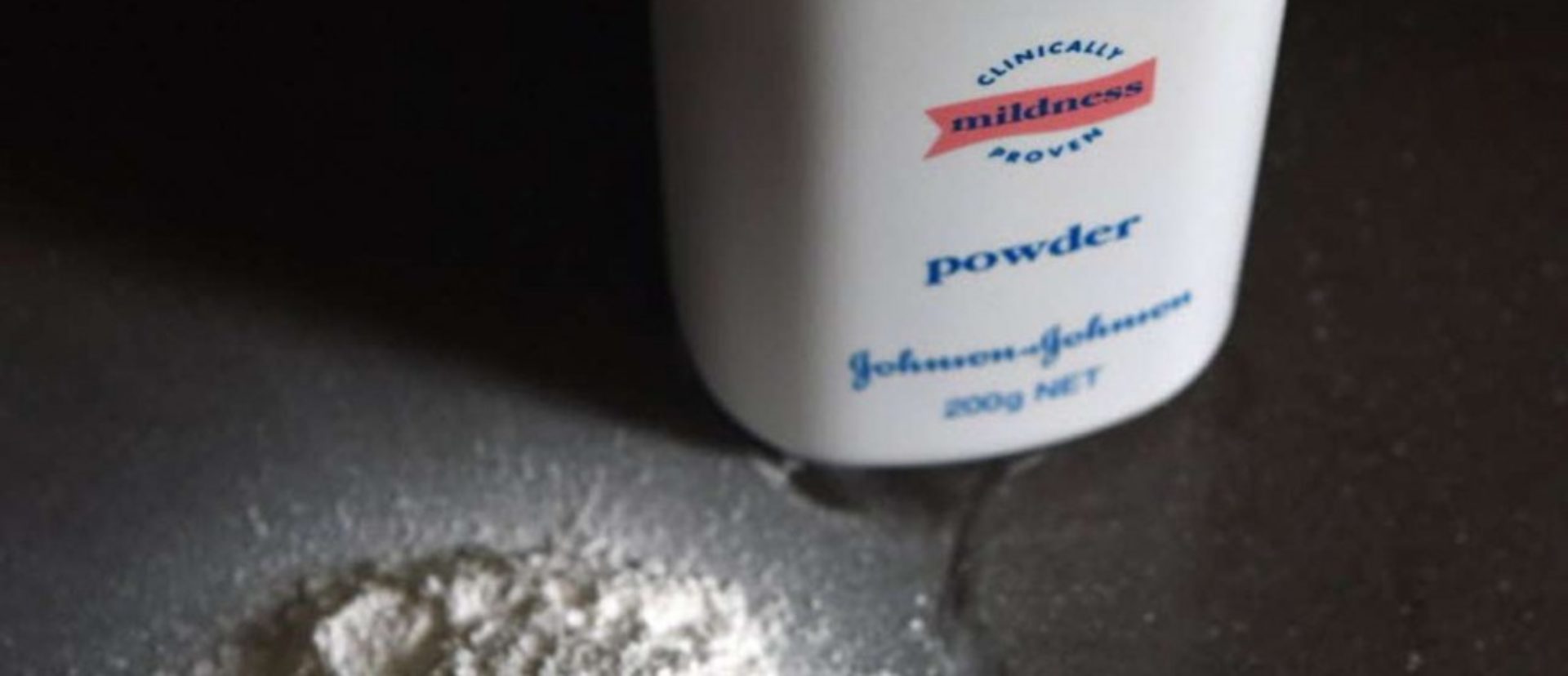Johnson & Johnson has filed two lawsuits against four doctors who published studies claiming a link between talcum powder and mesothelioma, an asbestos-related cancer.
The suits were filed by LTL Management, a Johnson & Johnson subsidiary created to hold liabilities related to Johnson & Johnson’s Baby Powder and Shower to Shower products in bankruptcy.
The lawsuits allege the doctors claimed their study subjects, who had malignant mesothelioma, had no exposure to asbestos other than through cosmestic talc. In reality, the suits say, some of the study subjects had been exposed to other sources of asbestos and had even sought compensation for that exposure.
The Wall Street Journal and Reuters have coverage of the latest suit, filed against three doctors on July 7. Law.com had coverage of the prior suit filed against a fourth doctor on May 31.
Johnson & Johnson has offered to pay $8.9 billion to settle cancer cases filed against it in connection with its talc products. It has nonetheless said that multiple tests show there is no asbestos in the products.
The suits against the doctors allege product disparagement, fraud and violations of the Lanham Act. The latter cause of action claims the doctors made false statements with the commercial motive of attaining work as expert witnesses in lawsuits.
The latest lawsuit says the article by the three doctors claimed to be peer-reviewed, but those peers had no access to underlying documentation to vet accuracy. The names of the study subjects have not been released.
The article published by the three doctors reveals their “tactics to pollute the scientific literature,” the lawsuit says. “They publish their junk litigation opinions in scientific journals. They use their credentials to instill their publications with false credibility. They then build from that fraudulent foundation by citing to each other’s work, which manufactures a ‘body of literature’ to present to judges and juries with the veneer of scientific legitimacy. And they actively resist attempts to make public the information that would reveal the deceit. In return, they are handsomely compensated for their disparagement of the products that are the target of the plaintiffs’ bar.”
The remedies sought include damages and injunctions requiring the doctors to stop making false statements, to issue a retraction and to identify the study subjects.
University of Southern California Gould School of Law professor Adam Zimmerman spoke with Reuters about the lawsuits. “When a litigant starts suing opposing experts, that’s very aggressive,” Zimmerman said. “It sends a message that the gloves are off.”
The first doctor sued, Jacqueline Miriam Moline, said in lawsuit documents that she couldn’t reveal the names of her test subjects because of federal regulations and ethical obligations.
Kevin Marino, a lawyer for Moline, told the Wall Street Journal he expected the J&J lawsuit to be dismissed “in short order.”
Marino said the lawsuit is “only the latest episode in J&J’s long-running campaign to discredit the science that reveals the danger inherent in many of its products.”
One of the other doctors sued declined to comment to Reuters. The others didn’t immediately respond to requests for comment by Reuters or the Wall Street Journal.
The cases are LTL Management v. Moline and LTL Management v. Emory.
